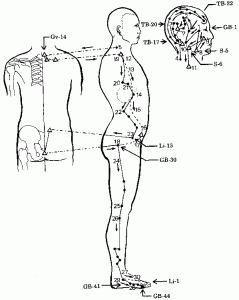Bodywork and Cellular Memory
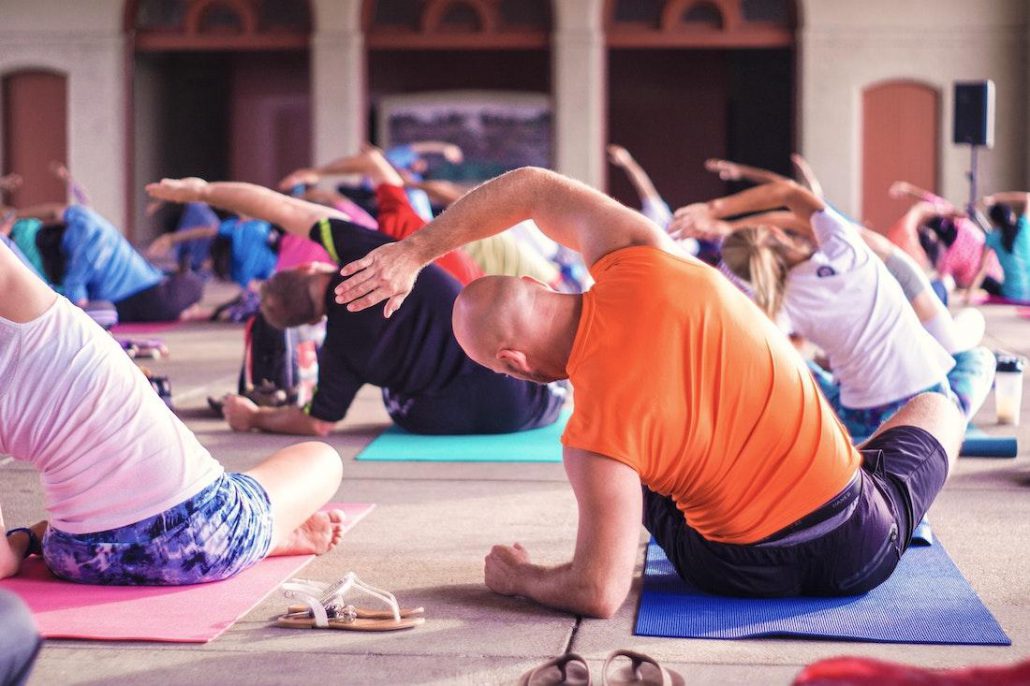
Photo by Anupam Mahapatra on Unsplash
Everyday activities such as dancing and exercise routines, riding a bike, playing an instrument, and even handwriting are made automatic with muscle memory. Repetition helps to impress the memory of activities into our muscles, brains, and central nervous system. Other events which create muscle memory are accidents and physical and emotional trauma.
“Everything we do and everything that happens to us and around us affects the nervous system, including the brain and the muscles enervated by each experience.” Muscle memory is associated with motor learning, and is also related to cellular memory. The premise of all three types of memory is that the cells of the body hold the memory of our experiences. In bodywork, we call this the body-mind connection.
I usually give an example of a person sitting at their desk in an office, and their angry-looking boss is walking toward them. I will ask my client what emotions and physical symptoms they think the person is experiencing. The replies are usually anything from sweating hands, dry throat, nervous stomach, fear, and anxiety. Then I say that the boss walks past them. All those symptoms are the mind creating physical reactions in the body.
When the body experiences trauma, a reaction occurs within the body-mind which involves the autonomic nervous system. The response to the trauma is either fight, flight, or freeze. This heightened state of awareness is sometimes trapped in the body creating stress which lasts much longer than the actual injury. Unless the trauma, whether physical or emotional, is addressed soon after the event, it can create Post Traumatic Stress Disorder as well as chronic pain.
The pain can be related to the area of the injury or to other areas of the body. The brain keeps a memory of the trauma in the subconscious mind. “The smells, the sounds, the tastes, the textures, the visuals- all the senses are stimulated during a trauma and stored to form a kind of emotional picture within the brain.”
Body position is also key in bringing forth the memory of old traumas. I have experienced a few people reliving accidents on my massage table. One woman had a car accident where her head hit the windshield, and then was thrown backward and her head hit the side window. During her bodywork session, she sat up, threw her body forward, and then came back and her head moved sideways. When these memories are brought into the conscious mind stress and pain can be alleviated. Severe trauma is not dissipated overnight but over time. Freeing the body of the memories of trauma can greatly improve health, pain relief, and well-being.

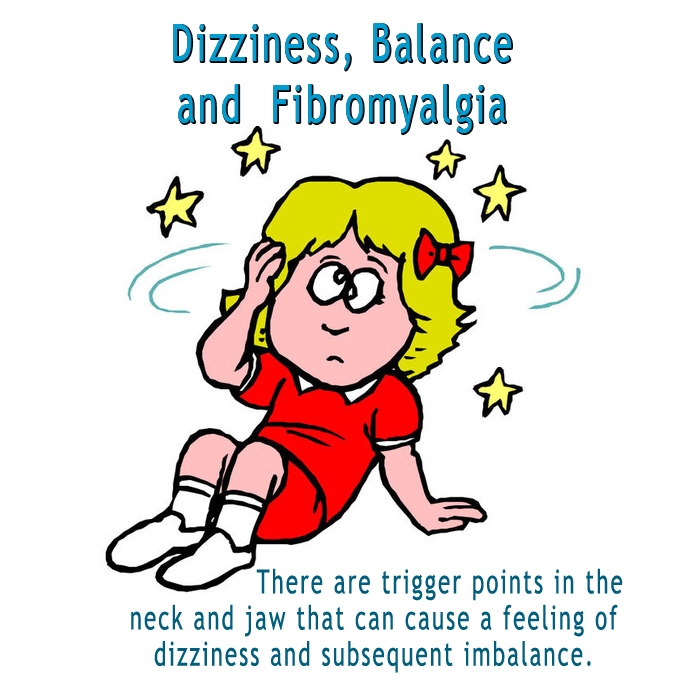
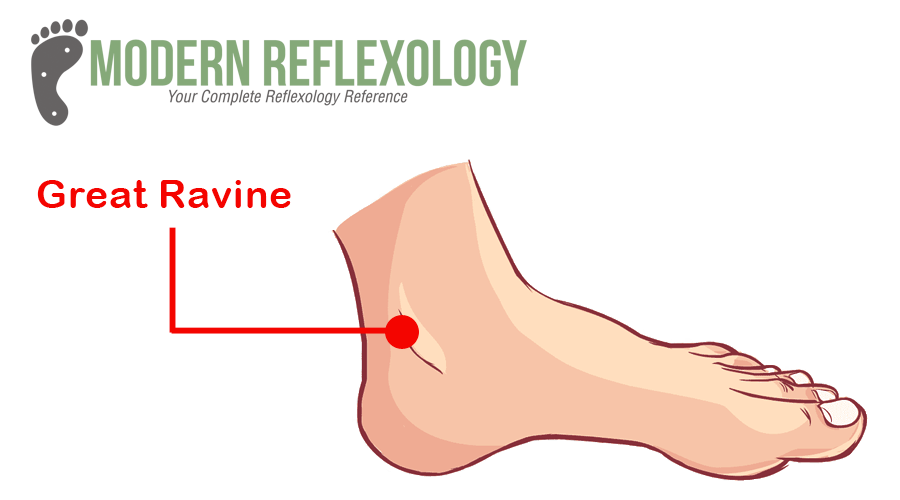 We live in stressful times. Many people are very concerned about their health especially with the winter season ahead of us. This is the perfect time to boost your body’s natural defense against disease, your immune system. When our immune system is strong, we are protected from colds and flu, so it is important to support it at this time.
We live in stressful times. Many people are very concerned about their health especially with the winter season ahead of us. This is the perfect time to boost your body’s natural defense against disease, your immune system. When our immune system is strong, we are protected from colds and flu, so it is important to support it at this time.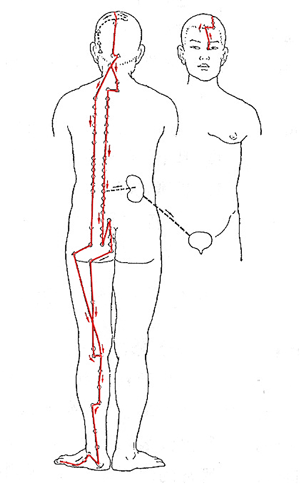
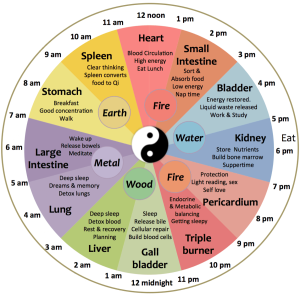 Every so often I like to revisit this topic. It’s very helpful information and can bring awareness to the problem of disturbed sleep which is of interest to just about everyone. The 24-hour body clock of Chinese Medicine is a representation of the movement of energy through the body’s meridians (energy pathways) and organs in a 24-hour period. Every two hours the energy is strongest in a particular meridian and organ within the body.
Every so often I like to revisit this topic. It’s very helpful information and can bring awareness to the problem of disturbed sleep which is of interest to just about everyone. The 24-hour body clock of Chinese Medicine is a representation of the movement of energy through the body’s meridians (energy pathways) and organs in a 24-hour period. Every two hours the energy is strongest in a particular meridian and organ within the body.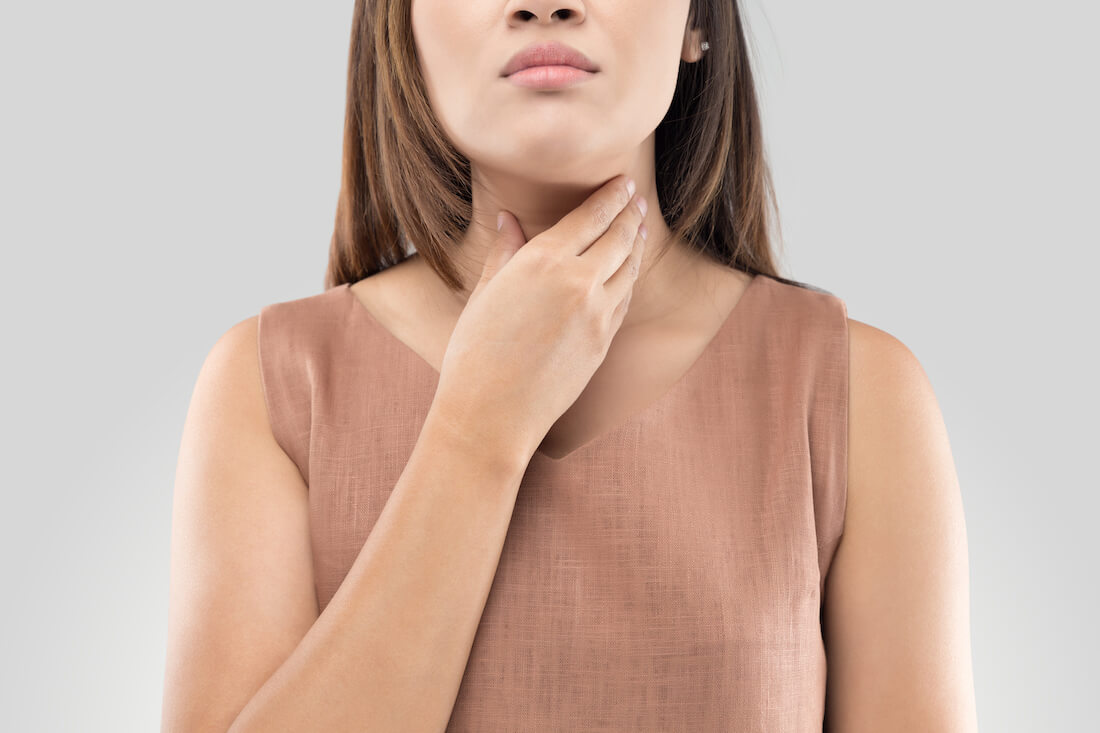 Muscle Tension Dysphonia is a voice disorder which occurs when the muscles around the voice box are so tight that the quality and volume of the voice are impaired. This condition can be the result of illness (laryngitis) overuse, stress or other conditions. It may continue even after laryngitis is gone.
Muscle Tension Dysphonia is a voice disorder which occurs when the muscles around the voice box are so tight that the quality and volume of the voice are impaired. This condition can be the result of illness (laryngitis) overuse, stress or other conditions. It may continue even after laryngitis is gone.